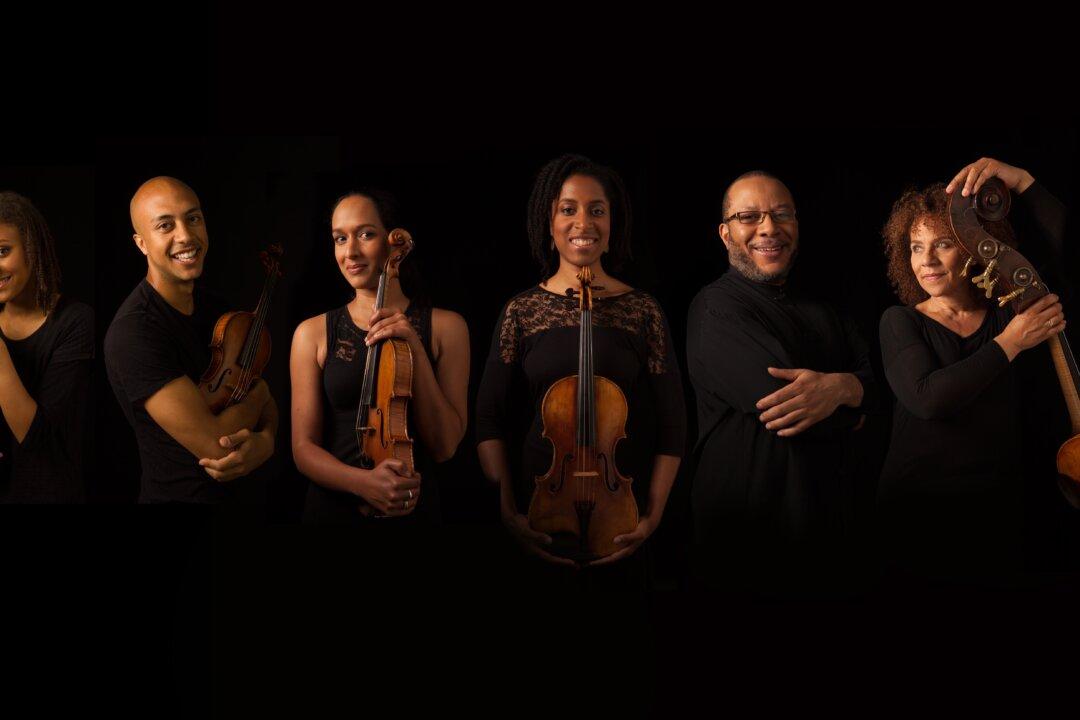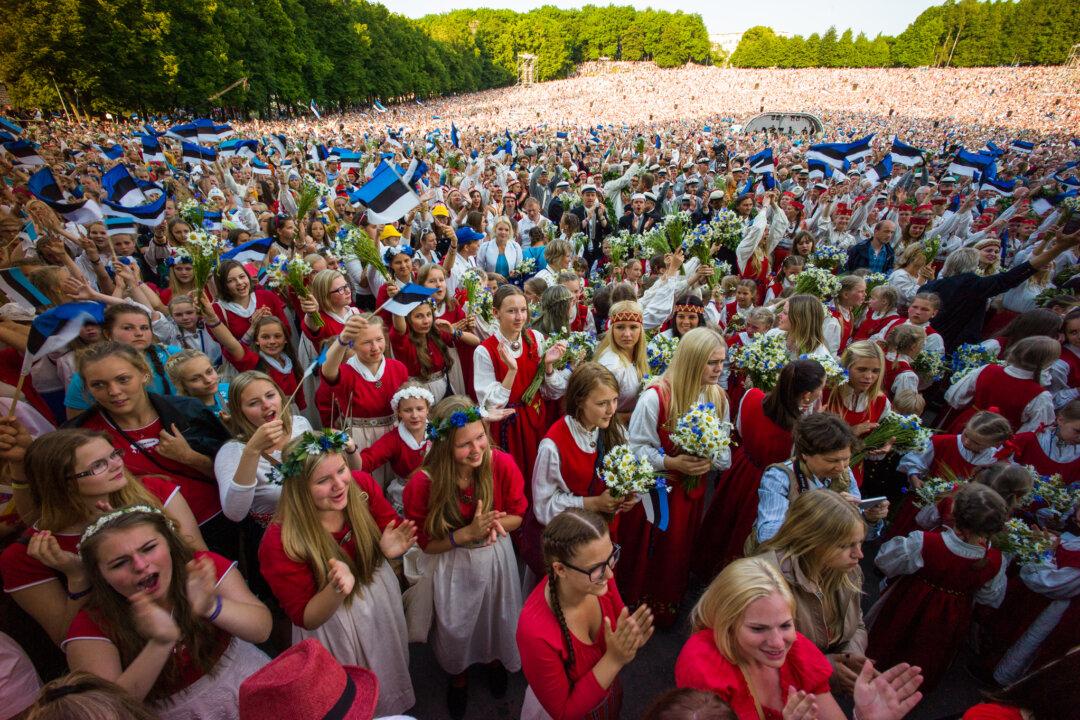The Chineke! Foundation “could deepen and enrich classical music in the United Kingdom for generations,” said the illustrious British conductor Sir Simon Rattle. The project is backed by key cultural organizations such as the British Council and Conservatoires U.K., and its brainchild, Europe’s first professional black and minority ethnic orchestra, will debut in London on Sept. 13.
Chineke! was founded earlier this year by the England-born prominent bassist, educator, and activist Chi-chi Nwanoku, who received the Most Excellent Order of the British Empire for contributions to music in 2001. She aims to change the common perceptions about who can have access to, play, understand, and enjoy classical music.
Everything started a decade ago when Nwanoku, whose roots come from southeast Nigeria and southern Ireland, discovered Chevalier de Saint-Georges.







